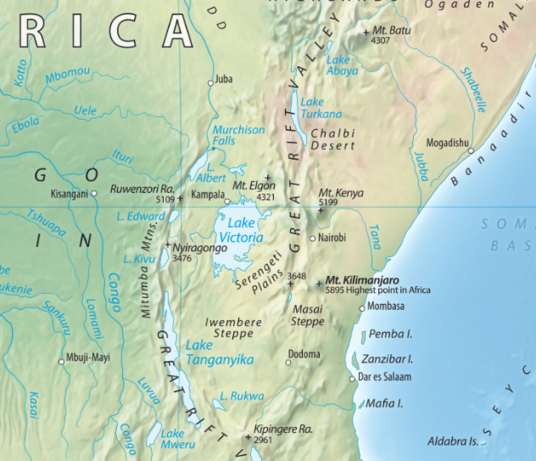
P144_Ethiopia
Community-based wetland ecosystem health assessment for the sustainability of Lake Tana UNESCO Biosphere Reserve, Ethiopia
Cooperating countries: Ethiopia and Austria
Coordinating institution: Carinthia University of Applied Sciences, Michael Jungmeier, m.jungmeier@cuas.at
Partner institution: Bahir Dar University
Project duration: 1 December 2024 - 30 November 2026
Budget: EUR 20.000
Abstract:
In this community-based wetland ecosystem health assessment project an interdisciplinary team will work together with scientists from Bahir Dar University (Ethiopia) and Carinthia University of Applied Sciences (Austria). In this project, a participatory approach will be implemented in the framework of Driver-Pressure-State-Impact-Response (DPSIR) European Environmental Authority for assessing the wetland status after its designation as a biosphere reserve, and possible methods for further conservation, and sustainable management will be identified. A Community-based problem-oriented wetland health assessment approach is a form of Citizen Science that integrates the knowledge and capacities of non-scientific actors and stakeholders into the research process through focus group discussion (FGDs), community mapping, and expert interviews. The project will integrate an open source satellite imagery and DPSIR framework to assess the status of the wetlands in Lake Tana Biosphere Reserve (LTBR) to provide solid research foundations to support management programs and conservation policies. Since wetlands are “pocket of hope, which provide local solution to global challenges”, this project supports any effort towards Sustainable Development Goals. In this project Goal 13 Climate action, Goal 14 Life below water and Goal 15 Life on land and related goals shall be addressed specifically. The project is in line with the governing principles of Ramsar, Ethiopian Environmental Protection Authority and research agenda of Lake Tana UNESCO Biosphere Reserve. Furthermore, this project can be considered as the extension of the CoMon project (funded by Africa-UniNet from 2021-2023), which makes LTBR as a test-site and further sustains the long-term cooperation among the two research institutions and the two countries.